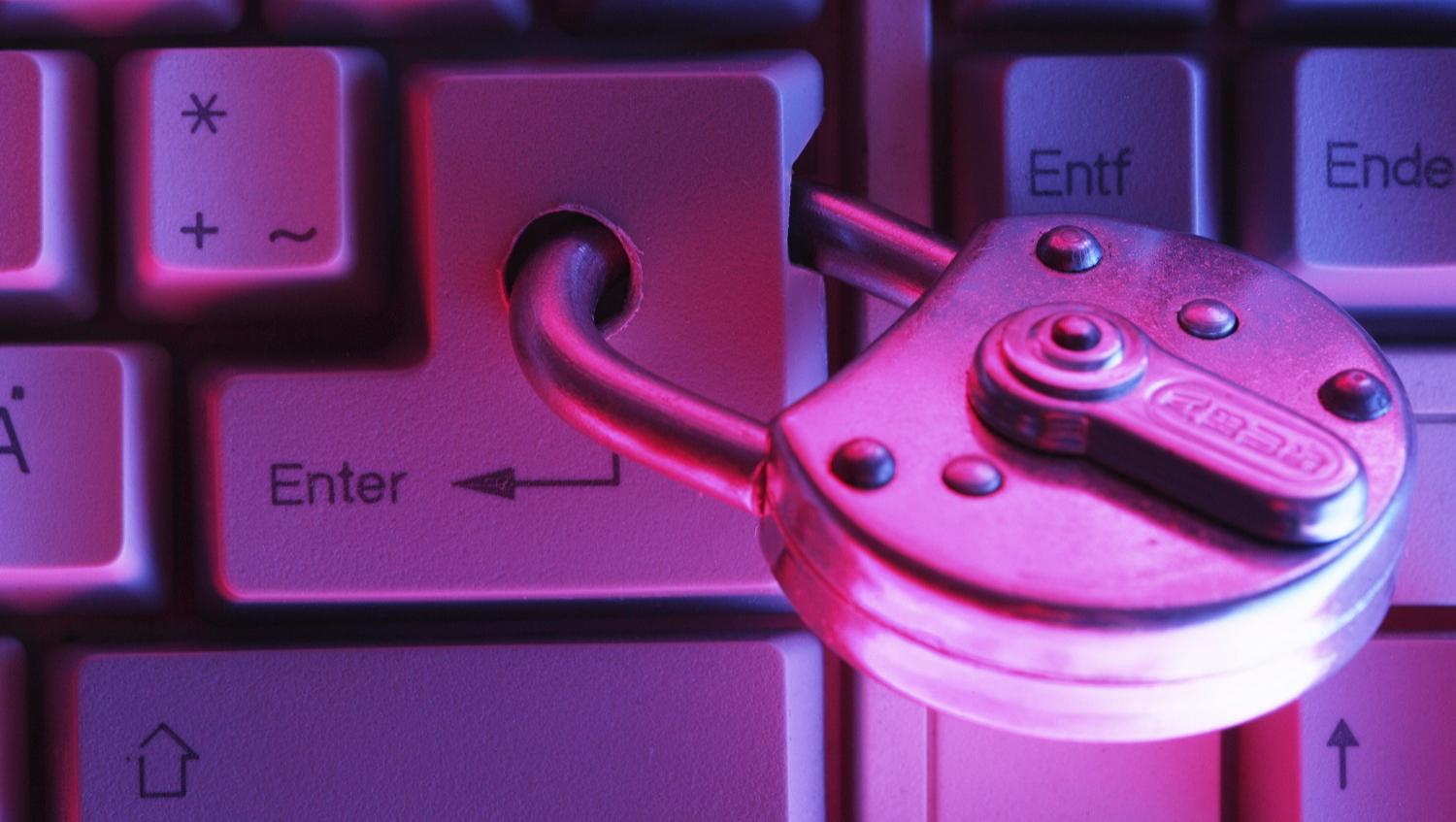
How to keep your accounts secure in most competitive games
People are often confused about the different activities that may or may not be safe to engage in when it comes to their accounts in major competitive games. But by simple practicing good awareness, you shouldn’t have any problems keeping your account safe and secure.
Passwords are important
The most important step in securing one’s account is to use a unique password. This is a simple method that’s often overlooked, but having a password that other people can’t easily guess at or predict is very much necessary. It’s also best to have different passwords for different accounts.
This way, if someone does manage to access one of your accounts, they won’t automatically have access to your other accounts as well.
Secure trading is safe
Some games allow for the trading and selling of in-game goods. But is it safe to engage in this activity?
Different game publishers will have different rules, but generally speaking, games with prominent trade markets are safe to trade in. Counter-Strike: Global Offensive and Dota 2 are both prominent examples of this.
It’s still important to keep one’s account secure. Some traders may ask for more details than they really need, so you’ll need to understand how trading works before diving into it.
What about boosting?
Boosting is a popular service that involves having someone else increase the rank on one of your owned accounts in a competitive game, such as League of Legends or Overwatch.
Because some publishers have strict rules on account sharing, it’s important that if you’re going to engage in boosting, you do so either with trusted friends or through more reliable boosting services.
Harassment can get you in trouble
One of the simplest and most common ways to get one’s account in hot water is to simply harass other players online. As publishers are becoming increasingly sensitive to online harassment, the risk increases for players who engage in this sort of behavior.
It’s rarely a good idea to harass other players, and the potential dangers this represents to your account only make it a bigger risk that you would do well to avoid.
In conclusion, there are many factors in play that could potentially put your account at risk. How you choose to handle your account and what activities you engage in on it are up to you, but it’s always good to understand more about what you’re doing before you get into it.
Recommended

All the methods and secrets for quickly increasing your rank in Call of Duty Warzone 2
CoD Warzone is one of the most dynamic projects in the battle royale genre, which allows players to...

Mr Beast vs T-Series war is real, latest X interaction proves
Mr Beast has accused T-Series of hiding his comment.

How many Five Nights at Freddy’s games are there?
Five Nights at Freddy’s has continued to be a popular video game franchise thanks to its creepy...





